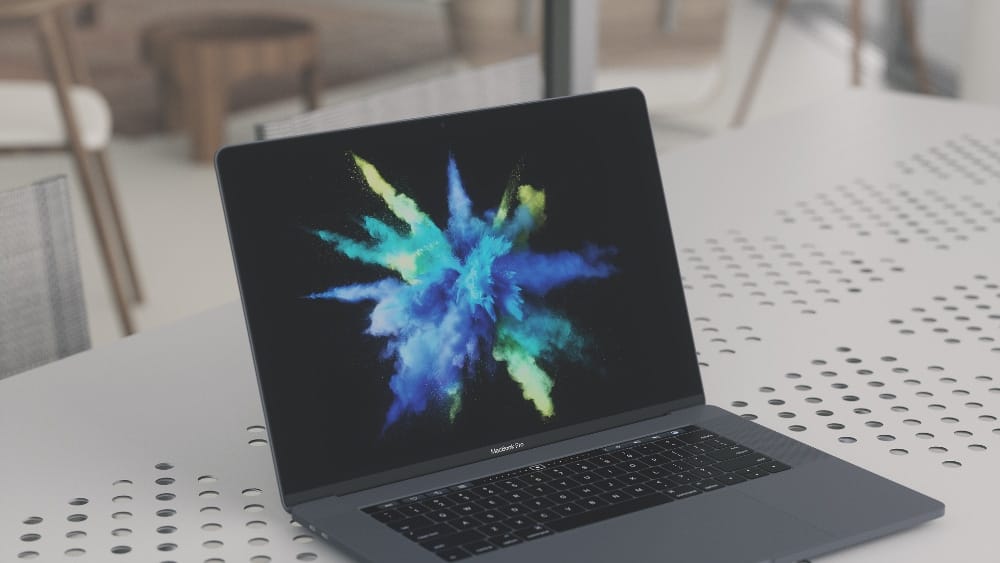
Does your computer feel like it’s trying to run with weights on? Do you have enough time after opening a program to go get a drink and still wait for the program to finish loading? Like us, computers slow down as they age. Since each person has their own usage habits it’s hard to pinpoint why this happens. Hardware and software issues are common causes for computer slowness and can often be repaired. Over time downloading files, installing software and surfing the internet can hog your system’s resources. The tips below will help restore your computer’s speed.
Here are 5 ways to improve your computer’s speed:
Scan for Viruses
A virus is a small program with the ability to attach itself to your computer’s software, data files or the boot sector of your hard drive. These programs can fill you your hard disk with junk files, access private information, corrupt your data or even send itself to your email contacts. There’s no 100% foolproof method of preventing viruses but you can take some precautions by being smart opening emails and browsing the internet.
If you’re computer is running slow you will want to do a scan with an antivirus software. If you don’t have a software or your software is out of date, here is a good free program to use. Running a scan will show you where you may have a virus on your computer so it can be removed.
Scan for Spyware
Spyware is an unwanted program exploiting your computer for commercial gain, aka causing pop-up advertisements, collecting personal information or monitoring your browsing activity. These “infections” can be caught in the same way as a virus. Much like viruses they can slow your computer down and are dangerous to your privacy. A malware scanner will search your computer for such programs and tell you where to find them. We recommend Malwarebytes Anti-Malware.
Uninstall Unused Programs
A majority of your computer’s speed comes down to memory, and keeping programs you no longer use installed hogs valuable memory. Browse through your computer’s programs and you’ll likely find several you are no longer using. On a Windows computer browse programs through the Control Panel under “Add or Remove Programs.” On a Mac you can find all installed programs under “Applications.” Once the unnecessary programs are uncovered they can be easily uninstalled.
Remove Junk Files
Files build up quickly from even basic computer usage which can slow you down. Simple things such as browsing the internet creates temporary files and cookies which over time will slow your browsing speed. By cleaning out these files, and ones you created and no longer need, you can improve your computer’s performance. This is a mostly manual process but you can use a program like CCleaner to search your computer for temporary files. CCleaner will also search your registry, where programs tell Windows how to use program, for broken entries taking up valuable memory and slowing your computer down.
Defragment Your Hard Drive
If you’re not running a solid state hard drive, defragmentation can benefit your computer’s speed. As files are installed, deleted and moved around information is fragmented in pockets across your disk, making your computer work harder to find the information making your computer slow. On a Windows computer you won’t need any additional software to defragment your hard drive. The process varies on different operating systems but is generally located under Tools in your hard drive folder. You can search your computer for defragment if you have trouble finding it.
Keeping your computer running at a good speed by doing the above tasks regularly. Here’s your general service calendar.
Virus scan: monthly
Malware scan: every other week
Junk file removal: weekly
Remove unused programs: every 6 months
Defragmentation: every 6 months (if applicable)
If you find your computer is still running slow come in for a professional diagnosis as soon as possible. We are here to help!